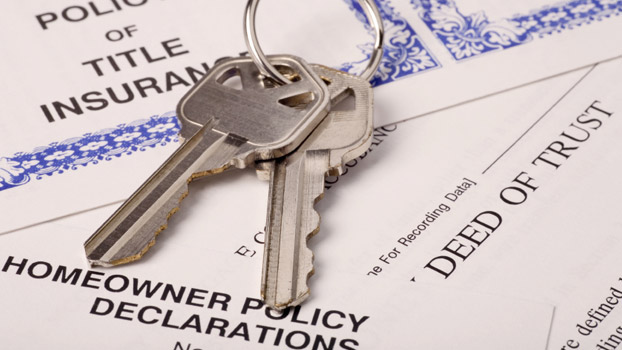
TITLE WORK, CLOSING & MOVING
Congrats on making this far in your home-buying process! This article explains the final steps leading up to Closing, some about the Closing Process, and then moving in!
Moving Preparation – Like anything, the more you prepare, the probability of a successful and low-stress move improves substantially. The purpose of this article is to provide you and your family with some “moving efficiency” tips. Before you pack a single item, take care of the documentation portion of your move:
Final Walk-Through – It’s important to walk through the property one final time prior to closing to ensure that the property is still in the same condition as it was during your home inspection, and also to ensure that any/all contractual repairs were performed by the seller. Once you sign the closing papers, it becomes very difficult to pursue the seller for any remedies.
Closing Process – Next, you will head to the closing company (a.k.a. title company) to sign all of the title transfer documents. In advance, the title company completes the title work, lien searches, and deed transfer for your purchase.
You will need to bring the following to Closing:
- Picture ID
- Down Payment Money – Cashier’s Check (or bank wire) for the balance of your down payment and closing costs. Check will be made out to yourself (seems strange, I know). Your Lender or Closer will be able to provide you with the money amount required for the check.
- Receipt of your Homeowners Insurance Policy paid in advance for the next 12 months.
- List of your past addresses over last 10 years.
Next comes the document signing. This will be an intensive session of contract signing, where you will sign the mortgage document and agree to make all payments in a timely fashion. You will also sign deed transfer documents, and you will receive the title to the house from the Seller in the form of a signed deed. The deed and mortgage then need to be recorded in public records at the County Registrar’s Office. The county will mail you an official Deed to your home in the 3-6 months following your closing.
Closing Costs – Closing costs typically range from 2.5-4.0% of your loan amount and include the following categories: Lender fees, appraisal, government or public fees, title insurance, recording fees, state deed tax, and closing fee. Here are some closing fee approximations:
- Lender Fees
- Lender Origination Fee: This what your Lender charges to create and process your loan. On average this costs 1.0% of the loan value.
- Mortgage Application Fee: This fee covers the expenses the Lender incurs to process your Loan Application. ($450 – $550)
- Credit Report Fee: You Lender must pull your credit profile. ($40 – $80)
- Appraisal Fee: The cost of an appraisal is $400 – $700 depending on the type & size of the property being purchased.
- Title Fees
- Closing Fee: This title company fee is approximately $325.
- Title Search Fee: $195-$350 (less for Torrens, more for Abstract recorded deed.
- Title Examination Fee: $150-170
- Assessment Search Fee: $35-$50
- Courier Fees: To courier documents back and forth during Closing and Recording process. ($100).
- State & County Fees
- Recording Service Fee: $35-$50/each
- Mortgage Registration Tax: 0.23% – 0.25% of the sales price
- Other Fees
- Real Estate Broker Fee: This fee goes towards errors and omission insurance at your Realtor’s® brokerage ($395-$495).
- Prorated Property Taxes: Taxes will be prorated down to the day.
- 12 Months Property Insurance: $800 – $2000
- Prorated Mortgage Interest: Interest will be prorated down to the day.
- Title Insurance (Optional): It is recommended to purchase title insurance (aka “owner’s policy) at the time of closing to protect against any human oversight or unrecorded liens that may have been overlooked during the title examination. ($500-$1,000)
